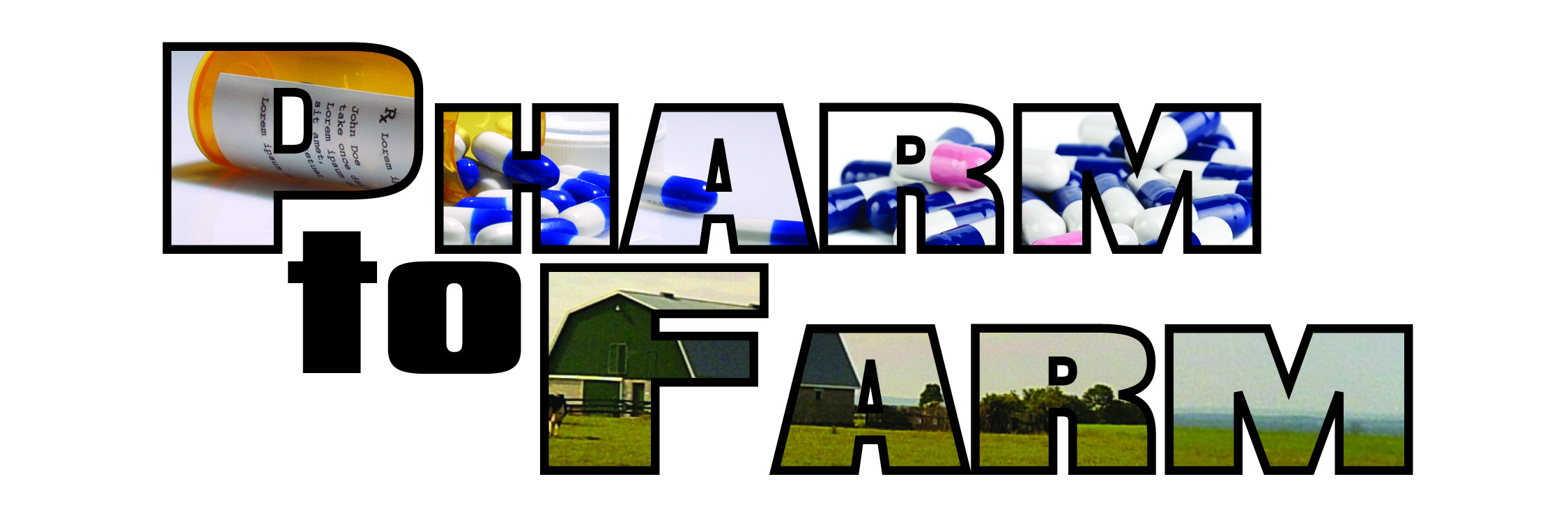Journal Club
By: Alicyn Wyatt-Magruder, Pharm. D. Candidate 2016
Title: Bedtime ingestion of hypertension medications reduces the risk of new-onset type 2 diabetes: a randomised controlled trial
Source: September 2015 Diabetologia– a journal of the European Association for the Study of Diabetes
Background Information:
- Sleep-time BP is a sensitive prognostic marker of CVD risk
- Dippers VS Non-Dippers. A >10% night time fall in blood pressure is normal. “Dippers” have significantly lower all-cause mortality than non-dippers
- RAAS follows circadian rhythm and activates during night-time sleep
- Elevations of angiotensin II and aldosterone contributes to increased hepatic glucose release and decreased insulin sensitivity
- HOPE Trial vs. DREAM trial
Aim: whether therapy with the entire daily dose of ≥1 hypertension medications at bedtime exerts greater reduction in the risk of new-onset diabetes than therapy with all medications upon awakening.
Study Design: Prospective, randomized, open-label, blinded endpoint trial (PROBE)
Subjects: 2,012 hypertensive patients without diabetes . 976 men and 1,036 women, 52.7±13.6 years of age. At baseline, the two groups were equivalent for the prevalence of the metabolic syndrome, obstructive sleep apnea, anemia, CKD and obesity, Clinic BP, average ambulatory blood pressure values and prevalence of non-dipping at baseline were also equivalent between the two groups. There were no differences in the classes and number of hypertension medications used for therapy between the patients of the two treatment-time groups or difference in statin use or low dose aspirin.
- Inclusion Criteria: Spanish individuals ≥18 years of age who were on normal daytime/nighttime schedule and were normotensive, untreated hypertensive or resistant to blood pressure treatment.
- Exclusion Criteria: pregnancy, drug/alcohol abuse history, night/shift-work employment, AIDS, diabetes, secondary hypertension, CVD disorders (unstable angina pectoris, heart failure, life-threatening arrhythmia, nephropathy and grade III–IV retinopathy, intolerance to ABPM, and inability to communicate
Methods: patients were randomized either to ingest all BP-lowering medications upon awakening or the complete daily dose of ≥1 of them at bedtime and the remaining ones upon awakening. Follow-up: 5.9-year median
Data Analysis: Intent-to-treat population
Results:
- The data revealed significantly lower asleep SBP/DBP means in participants randomized to the bedtime-than morning-treatment regimen (p<0.001)
- The proportion of patients with the non-dipper BP pattern significantly lower, in the bedtime than the morning-treatment regimen group (p<0.001)
- The proportion of participants with properly controlled ABP was also significantly greater among those treated at bedtime (p<0.001)
- There were no treatment-time differences in the prevalence of patients reporting adverse effects (p=0.569)
- Patients ingesting ≥1 hypertension medications at bedtime showed a significantly lower HR of new onset diabetes (p<0.001)
- The adjusted hazard ratio of new-onset diabetes was fully equivalent across all classes of medications when ingested in the morning.
- Patients ingesting an ARB, ACEI or β-blocker (primarily nebivolol) in bedtime group had significantly lower hazard ratio of new-onset diabetes than patients ingesting any other medication class also at bedtime
Take away: This literature supports administration of ARB, ACEI or β-blocker (primarily nebivolol) at bedtime which was associated with decreased risk of new diagnosis of diabetes
- Hermida RC, Ayala DE Mojón A. et al. Bedtime ingestion of hypertension medications reduces the risk of new-onset type 2 diabetes: a randomised controlled trial. Diabetologia 2015. Epub 2015 Sep 23
- . Hermida RC, Ayala DE, Fernández JR,Mojón A. Sleep-time blood pressure: prognostic value and relevance as a therapeutic target for cardiovascular risk reduction. Chronobiol Int 2013, 30:68–86
- Ben-Dov, Iddo Z, Kark JD, et al. Blood Pressure Measurement and Cardiovascular Risk Predictors of All-Cause Mortality in Clinical Ambulatory Monitoring Unique Aspects of Blood Pressure During sleep. Hypertension 2007; 49: 1235–1241.
- Portaluppi F, Tiseo R, Smolensky MH, et al. Circadian rhythms and cardiovascular health. Sleep Med Rev 2012; 16:151–166
- Cooper SA, Whaley-Connell A, Habibi J et al. Renin-angiotensin-aldosterone system and oxidative stress in cardiovascular insulin resistance. Am J Physiol Heart Circ Physiol 2007; 293:H2009–H2023
- Yusuf S, Sleight P, Pogue J, Bosch J, Davies R, Dagenais G. Effects of an angiotensin-converting-enzyme inhibitor, ramipril, on cardiovascular events in high-risk patients: the Heart Outcome Prevention Evaluation Study Investigators. N Engl J Med 2000, 342:145–153
- Bosch J, Yusuf S et al. Effect of ramipril on the incidence of diabetes. N Engl J Med 2006, 355:1551–1562
- Smith DH, Neutel JM, Lacourcière Y, Kempthorne-Rawson J: Prospective, randomized, open-label, blinded-endpoint (PROBE) designed trials yield the same results as double-blind, placebo-controlled trials with respect to ABPM measurements. J Hypertens 2003, 21:1291-1298
